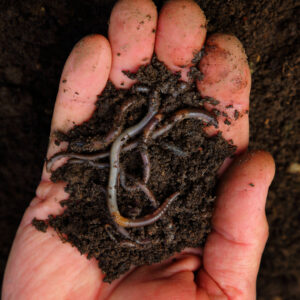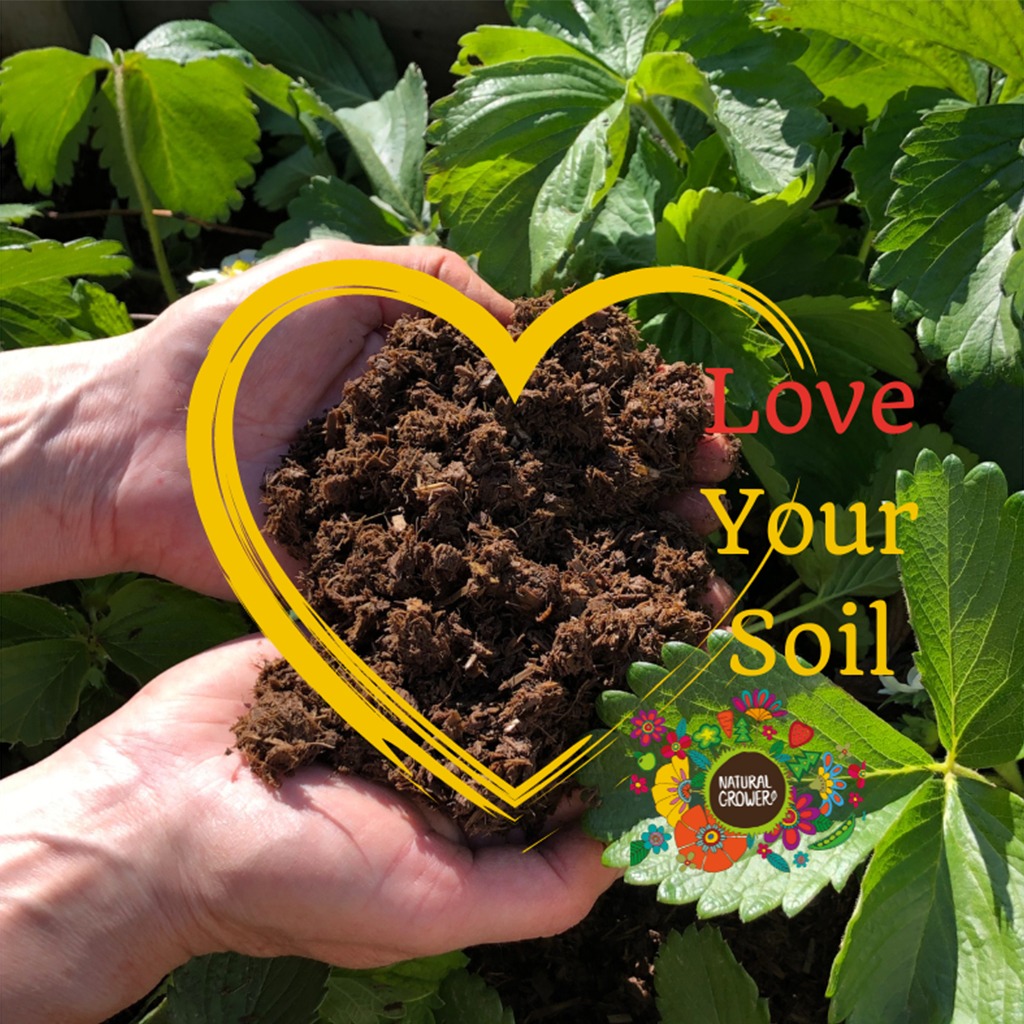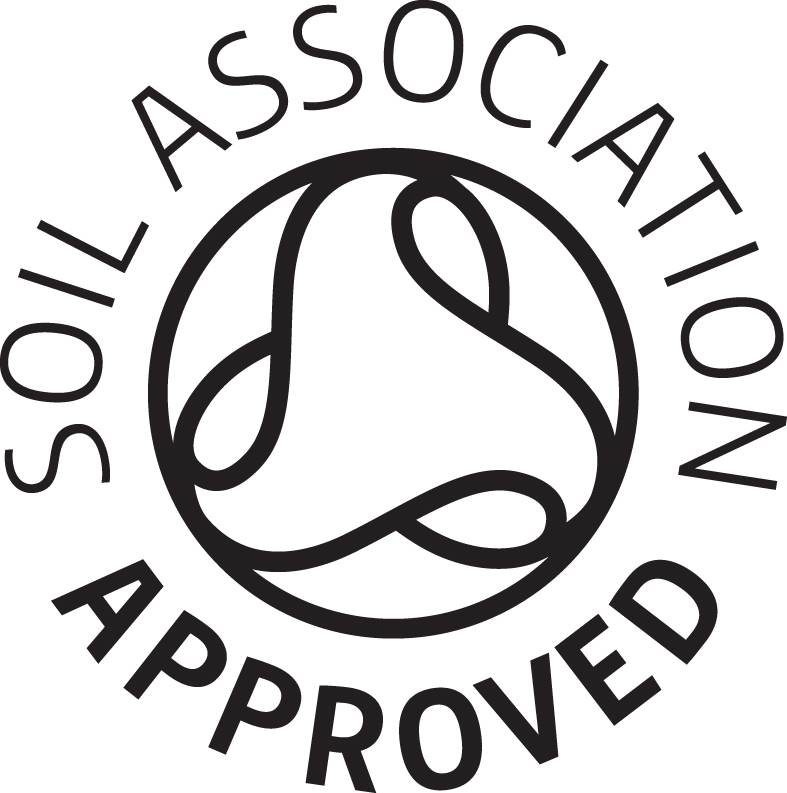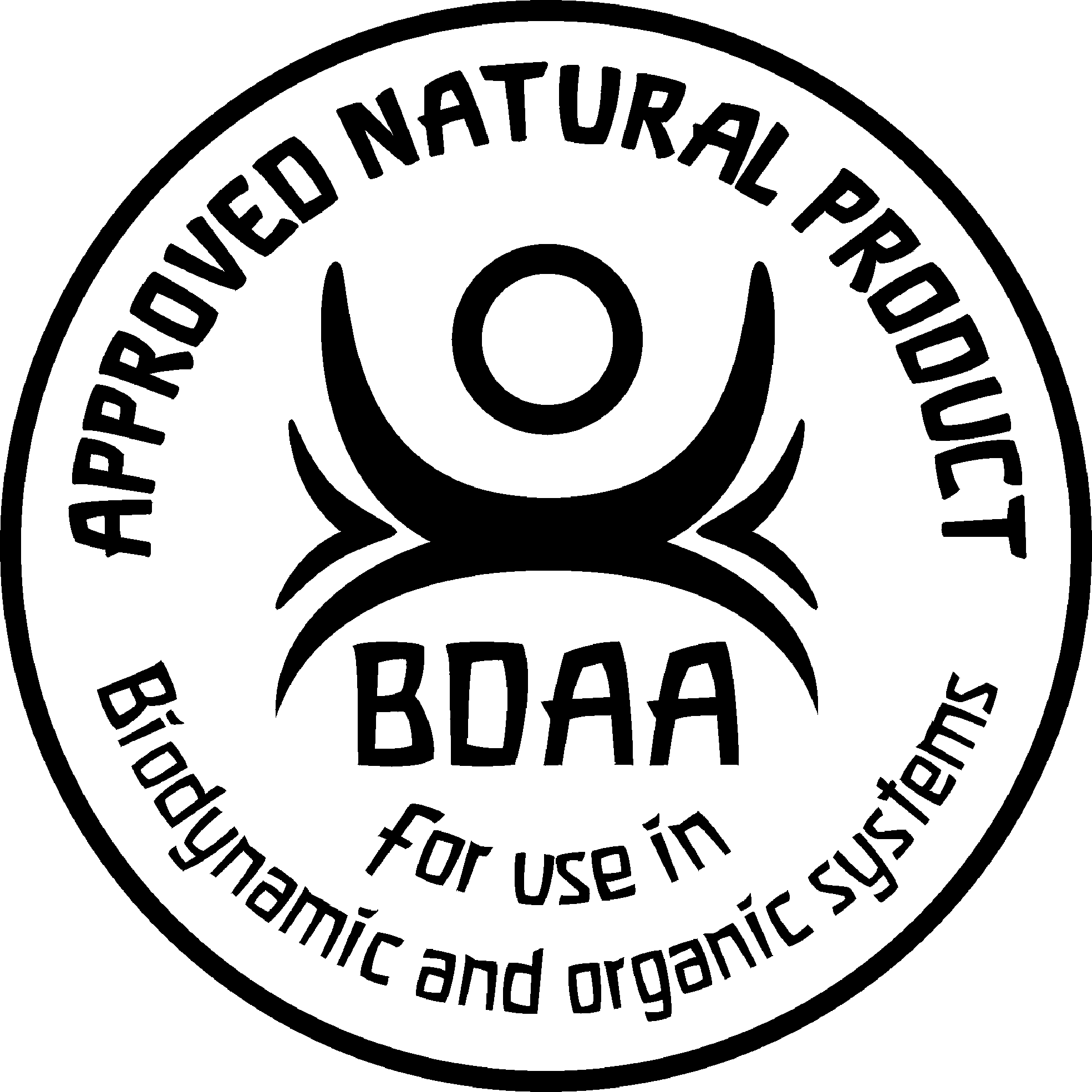In the intricate world of soil biology, beneficial microbes are the unsung heroes that quietly work behind the scenes, ensuring the fertility and productivity of our soils. These microscopic organisms, including bacteria, fungi, archaea, and protozoa, may be small in size, but their impact on soil health is immense.
Every organism present in the soil microbiome plays a role in providing balance and soil health. Take one away, or restrict one element, and the soil food web collapses.
It sounds dramatic, but the subtleties of soil biology and the optimum balance of its microbiome is both fascinating and well worth a few minutes of attention, to ensure you aren’t inadvertently sabotaging your soil.
So what are these important organisms and what role do they play in balancing the soil food web? And how can you best protect and encourage them to do their thing?
The Nutrient Cyclers: Bacteria and Fungi
Bacteria and fungi are perhaps the most well-known players in the soil microbiome. They are the primary decomposers, breaking down organic matter like dead plants, leaves, and animal remains. As they do their important work, they release essential nutrients such as nitrogen, phosphorus, and potassium back into the soil. These nutrients are then made available to plants, promoting their growth and overall health.
Bacteria and fungi also engage in a delicate dance of competition and cooperation. Some microbes specialize in fixing atmospheric nitrogen, making it accessible to plants, while others help suppress harmful pathogens. This intricate web of interactions maintains a healthy balance within the soil ecosystem.
The Decomposers: Detritivores

Beyond bacteria and fungi, larger soil organisms like earthworms, nematodes, and insects act as detritivores, feeding on decaying organic matter. As they consume organic materials, they further break them down into smaller particles, facilitating the decomposition process.These creatures not only contribute to nutrient cycling but also improve soil structure – see our recent article ‘Go wild for worms!’.
The Predators: Protozoa
Protozoa are single-celled organisms that feed on bacteria and other microbes. They play a crucial role in controlling bacterial populations, preventing any single species from dominating the microbial community. This balance helps maintain soil health by ensuring a diverse microbial eco-system.
The Beneficial Partners: Mycorrhizal Fungi
Mycorrhizal fungi form mutually beneficial relationships with most plants, trees, shrubs, and crops. These fungi extend their thread-like structures into plant roots, effectively expanding the plant’s root system. In return, the plant provides the fungi with sugars produced through photosynthesis. This symbiotic relationship enhances nutrient uptake for the plant, particularly phosphorus and other minerals. Mycorrhizal fungi also contribute to soil structure and water retention.
Protecting & Encouraging Beneficial Microbes
To promote the activity of beneficial microbes and maintain your garden’s healthy soil ecosystem, consider the following actions and practices:
- Limit Chemical Inputs: Reduce the use of synthetic fertilizers and pesticides, which can harm beneficial microbes and disrupt the microbial balance.
- Organic Matter: Incorporate organic matter like compost and soil conditioner into your soil. This provides a continuous source of food for beneficial microbes.
- Crop Rotation: Rotate crops to prevent the buildup of specific pathogens and encourage a diverse microbial community.
- Avoid Over-Digging, adopt a No-Dig Approach: Excessive digging can disrupt soil structure and microbial life. With a No-Dig approach, you lay organic matter on top of the soil, and you let nature do the work for you. Since the soil in a no-dig garden is left largely undisturbed, the complex web of soil life is allowed to thrive.
- Proper Water Management: Avoid over-watering, as it can deplete oxygen in the soil, affecting microbial activity. Maintain proper soil moisture levels.
- Beneficial Microbial Inoculants: Consider using microbial inoculants like mycorrhizal fungi, or add beneficial bacteria and fungi naturally found in our plant feed and soil conditioner to boost microbial diversity and function in your soil.
By understanding and nurturing the roles of beneficial microbes in your soil, you can love your land, support thriving plant life, and promote healthier ecosystems. Remember, a balanced soil biome is the foundation of a productive and resilient environment.
The organic matter in all of our products contains natural beneficial bacteria and fungi. By using our products, you will be supporting and enhancing the natural eco-system in your soil.









